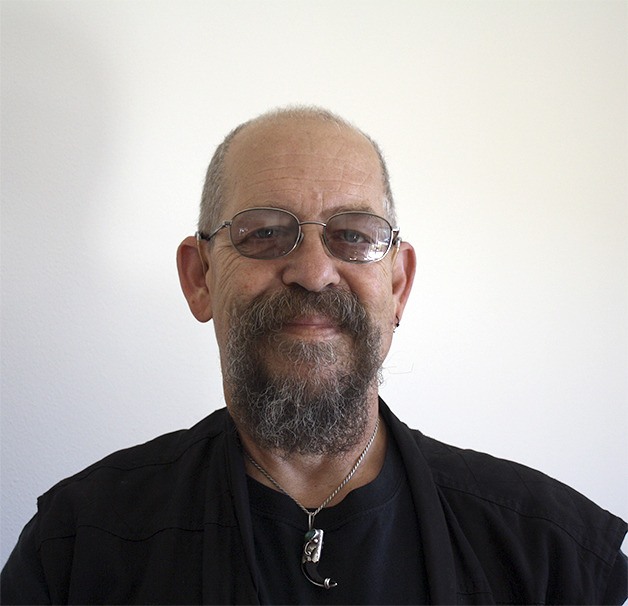Randy “Fuzzy” Fletcher is not out to scare you. He just wants to make you think, and better yet, make a plan.
Fletcher, the former mayor of Snoqualmie, and his wife, Rebecca Bastian, recently went into business as Fletcher Consulting, offering disaster preparedness for businesses and families. They have operated the business since October out of their Maple Avenue home in Snoqualmie, offering everything from five-day kits to generator installation to plans for keeping a company up and running in a disaster.
Fletcher, who worked as a machinist for much of his adult life, got involved in emergency management in Snoqualmie after moving here from Fall City in 1991. He was mayor of Snoqualmie from 1998 to 2005, and spent eight years as the Snoqualmie Tribe’s safety officer.
Bastian is president of the company. She is on the Valley CERT team, and is working on becoming a disaster chaplain.
Fletcher and Bastian offer transportation and security consulting, and Fletcher will work with companies’ security officers to close gaps in their systems. But his real passion is emergency preparedness.
Fletcher has many pre-written emergency plans and ideas for cities, schools and businesses, but he prefers to customize. As consultant, he meets with clients, performs an assessment, and finds out what their needs are.
“Let’s make it fit what you want to do,” says Fletcher. “Do you have kids? Do they need special medicine? Do they need an extra pair of glasses? Those are things to consider.”
Even if you’re on a low income, there are options, he says.
Preparedness is for everybody.
“I’m not an end-of-the-world, stuff-hits-the-fan kind of guy,” says Fletcher. “I’m trying to encourage people to look at their particular issues, be confident in their skills, and have just enough to make it for at least three days.”
He has seen stuff hit the fan. Fletcher lived through several big quakes in Los Angeles, where he spent his youth.
“I saw people freak, because their everyday routine was jumbled.”
Working for the tribe, he learned that networking is everything.
“Exchanging a business card in the middle of a disaster is really the wrong time to do it. It allowed me to meet a lot of people, understand how state, federal and county emergency management works,” he said.
“If you look at (Hurricane) Katrina, or anything else, FEMA’s coming—someday,” he says. “You have to rely on yourself as best as possible,” he said. People always turn to the nearest city government in a disaster. But that city may not be able to help you anytime soon. And for every police officer or public works worker, there are hundreds of residents.
He helps his clients plan how to stay warm, get food and water, prescription drugs, transportation and contact their loved ones in a major disruption.
“I went through a pretty good-sized (quake) in L.A.,” Fletcher said. “I worked in a Winchell’s Donut House next door to a pharmacy. The pharmacy immediately had to close because all their pills were on the floor,” open and broken bottles and capsules mixed up willy-nilly. His point—how would people get their medicine?
He recommends people keep a month’s supply of prescription medicines in case of emergency.
“There’s a little trick you can use, and it’s a freebie I give to everybody,” says Fletcher. “Most insurance companies will let you fill your prescription five to seven days early.” If you get your new prescription early, over a few months, you’ll have saved up a free 30-day supply, enough to get you through a big disaster.
To contact the business, call (206) 390-4136, send e-mail to fuzzy653@comcast.net, or visit www.fletcherconsulting.info.



